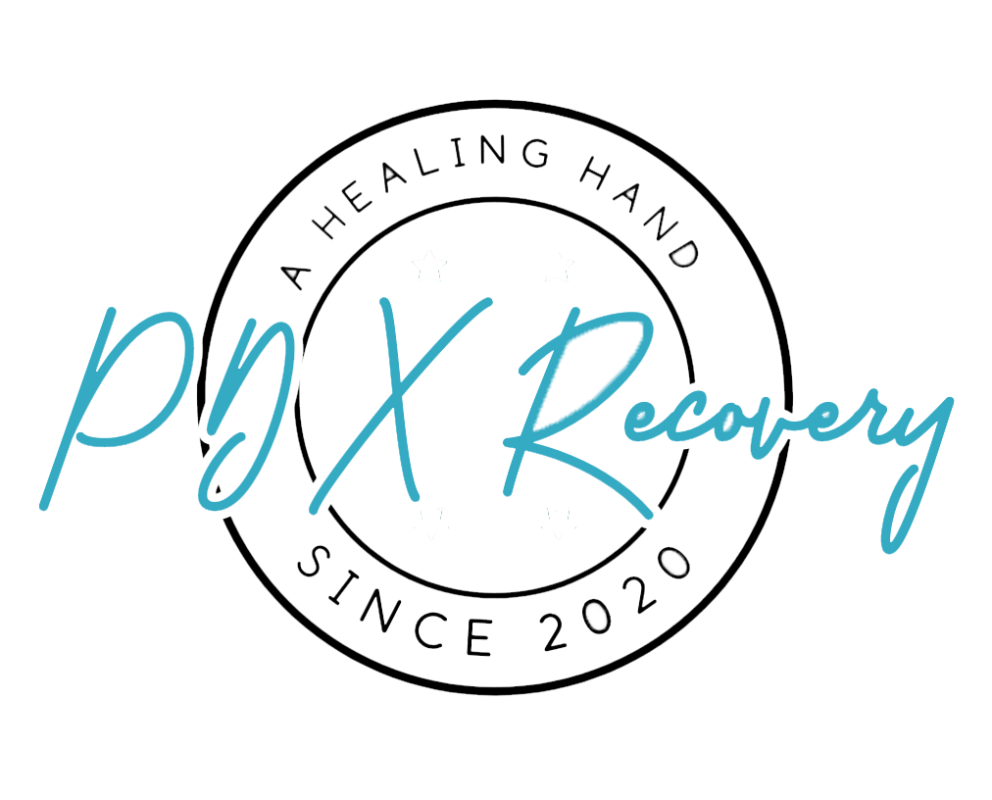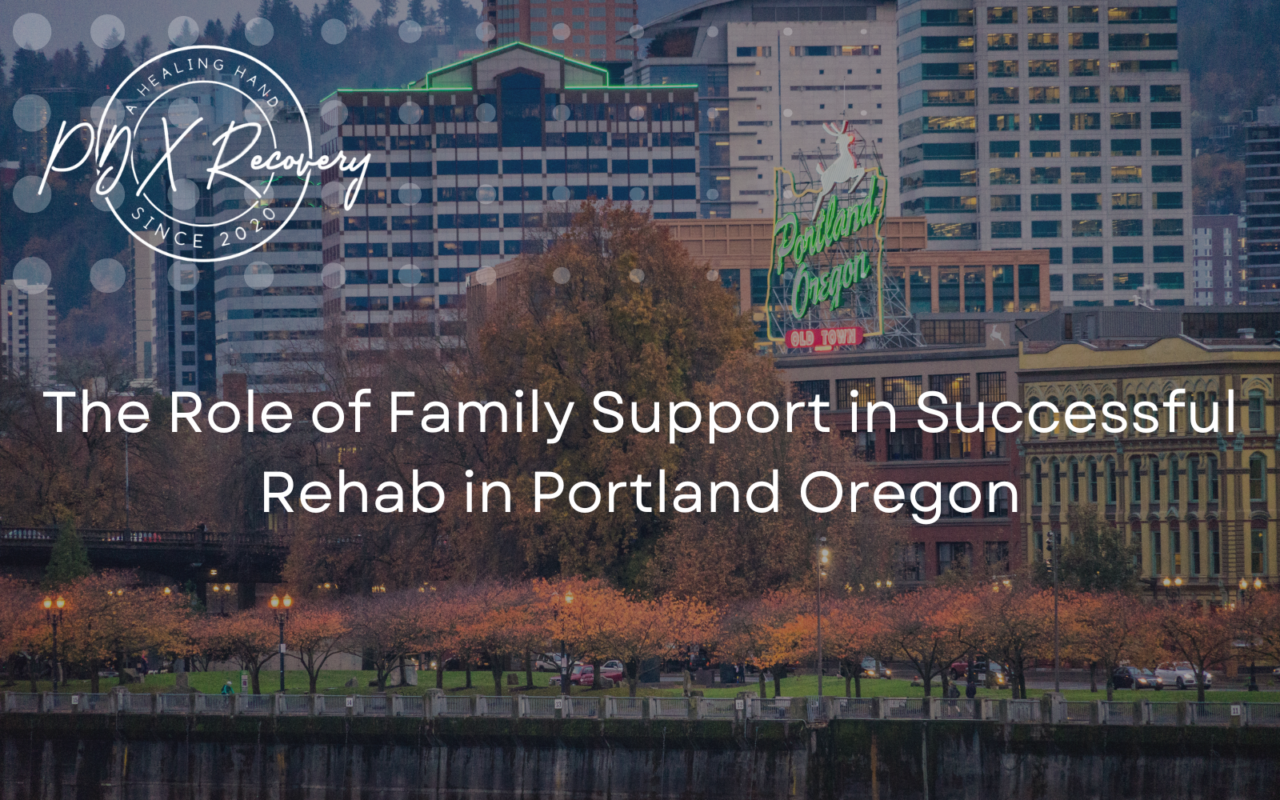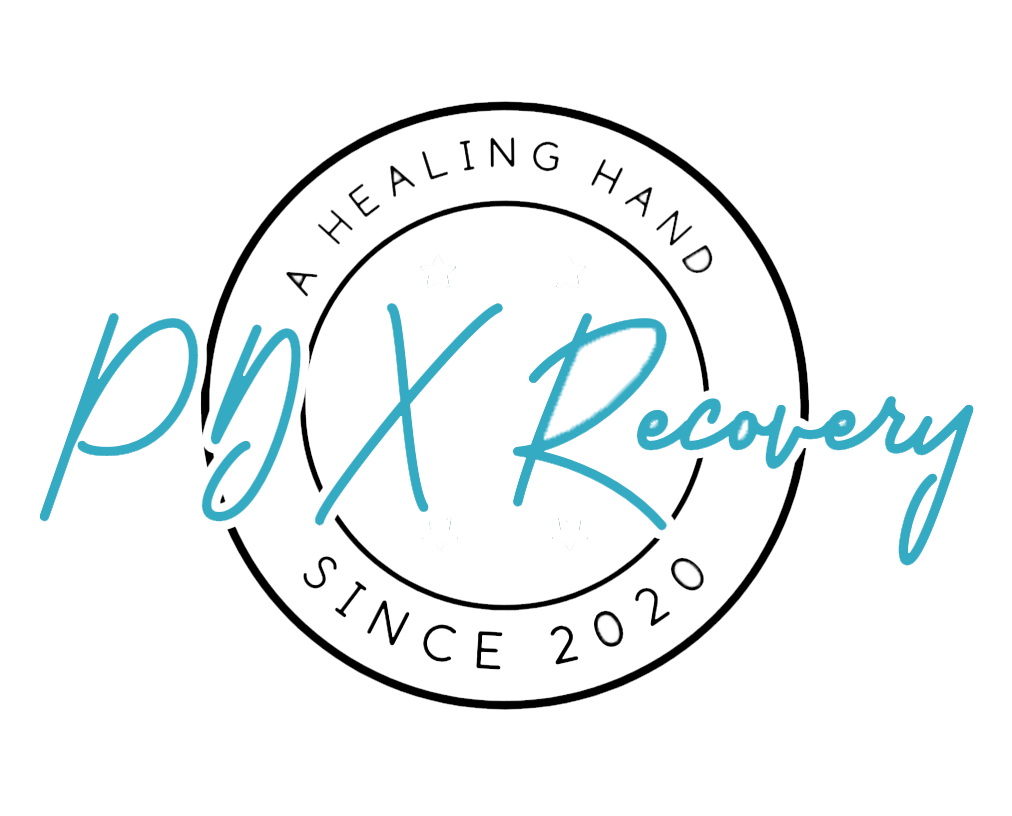Successful rehab in Portland Oregon isn’t just about the individual; it’s a collective effort that often involves family members and loved ones. Here at PDX Recovery, we understand the critical role that family support plays in the journey toward sobriety. Family members can provide emotional strength, encouragement, and motivation during challenging times, making the recovery process feel less isolating. Family involvement helps create a strong support system that fosters accountability and understanding, which are vital for long-term success. Let’s delve into why family involvement is so essential and how it can significantly impact the success of rehab in Portland Oregon, by enhancing communication, rebuilding trust, and creating a nurturing environment conducive to recovery.
Why Family Support Matters
Family support can be a game-changer in the rehab process. But why is it so important?
- Emotional Encouragement: Recovery is a tough road filled with ups and downs, and having a robust support system that offers love, understanding, and motivation can make all the difference. It’s essential for family members to actively listen and validate the individual’s feelings, creating a safe space for open dialogues about their struggles and triumphs. This emotional support helps foster resilience and hope, which are vital during challenging times.
- Accountability: Family members play a crucial role in holding the individual accountable for their actions during recovery. By regularly checking in on their progress and encouraging them to adhere to their recovery plan, families can help ensure that individuals remain focused on their goals. Additionally, they can assist in identifying and avoiding potential relapse triggers by being aware of the situations or environments that may pose a risk. This proactive approach reinforces the commitment to recovery.
- Education and Awareness: Families can greatly benefit from learning about addiction and recovery processes, as this knowledge empowers them to provide more effective support. By understanding the complexities of addiction, they can better empathize with the challenges their loved one faces and adjust their expectations accordingly. This education also enables families to create a conducive environment for healing, reinforcing positive behaviors and fostering healthy communication.
- Reducing Isolation: Addiction can be an incredibly isolating experience, often leading individuals to feel alone and detached from their loved ones. Family support is vital in reducing these feelings of loneliness and abandonment, which are common during recovery. By engaging in shared activities, offering companionship, and encouraging social interactions, families can help individuals reconnect with their support network. This nurturing environment not only enhances the recovery journey but also strengthens familial bonds.
How PDX Recovery Incorporates Family Support
At PDX Recovery, we’ve seen firsthand the transformative power of family involvement. Here’s how we integrate family support at our rehab in Portland Oregon:
Family Therapy Sessions
Our family therapy sessions are designed to address the underlying issues that contribute to addiction. These sessions help families communicate more effectively, resolve conflicts, and build a supportive home environment. By focusing on improving communication skills and resolving underlying family dynamics, we help create a more stable and supportive environment for our clients.
Educational Workshops
We offer workshops that educate families about the nature of addiction, the recovery process, and how they can support their loved ones. Knowledge is power, and understanding what your loved one is going through can significantly improve the support you provide. These workshops cover a wide range of topics, including the psychological and physiological aspects of addiction, coping strategies, and relapse prevention.
Family Days
We organize special family days where relatives can visit the rehab center, participate in activities, and witness the progress of their loved ones. These days foster connection and boost morale for everyone involved. Family days also provide an opportunity for family members to engage with the rehab process, gain insight into the daily routines and treatments, and build a stronger bond with their loved ones.
Strategies for Families to Support a Loved One in Rehab
Here are some practical tips for families looking to support their loved one through rehab in Portland Oregon:
- Stay Informed: Learn about addiction and recovery. Understanding the process can help you provide better support. Attend educational workshops and read literature on addiction to gain a comprehensive understanding.
- Attend Therapy Sessions: Be an active participant in family therapy sessions offered by the rehab center. Your involvement can provide valuable support to your loved one and help resolve any underlying family issues.
- Create a Positive Environment: Ensure that the home environment is free of triggers and conducive to recovery. This might involve making changes to the living environment, such as removing alcohol or drugs and creating a stress-free zone.
- Set Boundaries: While support is crucial, it’s also important to set healthy boundaries to avoid enabling behaviors. Establish clear rules and consequences to support your loved one’s recovery journey.
- Encourage Healthy Habits: Promote a lifestyle that includes regular exercise, a balanced diet, and stress-reducing activities. Encourage your loved one to engage in hobbies, pursue interests, and maintain a healthy daily routine.
The Broader Benefits of Family Involvement
Family involvement in rehab doesn’t just benefit the individual in recovery. It also strengthens family bonds and promotes healthier relationships. Here are some broader benefits:
- Improved Communication: Family therapy, especially in rehab in Portland Oregon, plays a crucial role in enhancing communication skills among family members. It creates a safe space where individuals can openly express their feelings and concerns without fear of judgment. This open and honest communication fosters a deeper understanding of each other’s needs and perspectives, significantly reducing the likelihood of misunderstandings. Over time, this improved dialogue builds trust within the family unit, allowing relationships to flourish and strengthening the emotional bonds that hold the family together.
- Conflict Resolution: In family therapy, individuals learn effective strategies for resolving conflicts in a constructive manner. By mastering these skills, family members can address their disagreements before they escalate into more significant issues. This process not only helps in resolving current conflicts but also equips families with the tools needed to navigate future challenges collaboratively. Developing strong problem-solving skills enhances the family’s ability to work as a team, fostering resilience in the face of adversity.
- Support Network: Building a robust family support network is essential for individuals in recovery, as it creates a vital safety net that can significantly help prevent relapse. When family members actively participate in the recovery process, it reinforces the message that they care deeply and are committed to supporting their loved one’s journey. This sense of belonging and accountability can be incredibly motivating, encouraging individuals in rehab to stay focused on their goals and reinforcing their commitment to a healthier lifestyle. Having a strong support system not only aids in recovery but also contributes to long-term well-being and stability for everyone involved.
Overcoming Challenges in Family Support
While family support is vital, it’s not without its challenges. Families might face obstacles such as:
- Emotional Strain: Watching a loved one struggle with addiction can be emotionally draining. It’s important for family members to seek their own support and self-care. This might involve joining support groups for families of addicts, seeking individual therapy, or engaging in stress-relief activities.
- Enabling Behaviors: Sometimes, family members might inadvertently enable their loved one’s addiction. Setting boundaries and seeking professional guidance can help. It’s crucial to differentiate between supportive behaviors and enabling behaviors, which might include providing money, covering up for the addict, or ignoring the problem.
- Resistance to Change: Change can be difficult for everyone involved. Patience and persistence are key in fostering a supportive environment. Encourage gradual changes and celebrate small victories along the way.
Long-Term Benefits of Family Involvement
Family support isn’t just beneficial during the initial stages of rehab in Portland Oregon; it plays a crucial role in long-term recovery as well. Here are some long-term benefits:
- Sustained Motivation: Continued family support helps maintain motivation for long-term sobriety. The encouragement and accountability provided by family members can be a powerful deterrent against relapse.
- Relapse Prevention: Families can help identify and mitigate triggers, reducing the risk of relapse. By staying informed and vigilant, families can provide timely interventions if they notice signs of potential relapse.
- Building a New Life: Family support can aid in rebuilding a new life post-rehab, including finding employment, pursuing education, and developing new hobbies and interests. A supportive family can provide the stability and resources needed for a successful reintegration into society.
Resources for Families at PDX Recovery
At PDX Recovery, we offer various resources to support families, including:
- Counseling Services: Individual and group counseling for family members to help them cope with the challenges of supporting a loved one in rehab. Our counselors provide a safe space for family members to express their feelings, seek advice, and develop coping strategies.
- Support Groups: Regular support group meetings where families can share experiences and strategies. These groups offer a sense of community and understanding, making it easier to navigate the complexities of addiction and recovery.
- Aftercare Programs: Continued support and resources for families even after the individual has completed the rehab program. Our aftercare programs are designed to provide ongoing assistance, ensuring that families remain a supportive presence throughout the recovery journey.
Building a Recovery-Friendly Home Environment
Creating a supportive home environment is crucial for the success of rehab and long-term recovery. Here are some tips for building a recovery-friendly home:
- Remove Triggers: It’s crucial to identify and remove any potential triggers from the home environment. This might include items such as alcohol, drugs, or paraphernalia that could prompt a relapse. Consider conducting a thorough assessment of the living space to eliminate anything that might pose a risk. Creating a safe and sober environment not only helps in reducing temptation but also fosters a sense of security and peace, making it easier for your loved one to focus on their recovery journey.
- Establish Routines: Encouraging a structured daily routine is vital for those in recovery. Incorporate healthy habits such as regular meals, exercise, and consistent sleep schedules. A well-planned routine provides stability, helps manage stress, and promotes overall well-being. Additionally, involving your loved one in planning their daily activities can empower them and enhance their commitment to maintaining a healthier lifestyle.
- Foster Open Communication: Maintaining open and honest communication within the family is key to supporting your loved one. Create an environment where they feel safe to express their thoughts and feelings without fear of judgment. Actively encourage discussions about their struggles and successes, and practice being a good listener. This approach not only strengthens family bonds but also reassures your loved one that they are not alone in their journey.
- Support New Interests: Encourage your loved one to explore new hobbies and interests as a healthy outlet for their energy. Engaging in fulfilling activities, whether it’s art, sports, or volunteering, can provide a sense of purpose and enjoyment. These positive distractions can significantly reduce the temptation to revert to old habits by filling their time with rewarding experiences that enhance their self-esteem and social connections.
- Provide Emotional Support: Recovery is a long and often challenging process, and your role as a supporter is critical. Be patient and understanding, as there will be ups and downs along the way. Offering emotional support, such as reassuring words or simply being there to listen, can make a significant difference in your loved one’s recovery journey. Celebrate their small victories and provide encouragement during tough times to foster resilience and motivation.
The Role of Community in Recovery
In addition to family support, community involvement can play a crucial role in successful rehab in Portland Oregon. Here’s how the community can contribute:
- Support Groups: Community-based support groups, such as Alcoholics Anonymous (AA) or Narcotics Anonymous (NA), provide a sense of belonging and shared experience. These groups offer regular meetings where individuals can share their stories, seek advice, and find encouragement.
- Community Resources: Local organizations and resources can provide additional support, such as job training programs, educational opportunities, and recreational activities. Engaging with the community can help individuals build a new life and develop a strong support network.
- Volunteer Opportunities: Volunteering can provide a sense of purpose and fulfillment. It’s an opportunity to give back to the community, develop new skills, and build positive relationships.
Conclusion: Building a Brighter Future Together
Family support is a cornerstone of successful rehab in Portland Oregon. At PDX Recovery, we believe that involving families in the recovery process can significantly enhance the chances of long-term sobriety. By providing emotional encouragement, fostering accountability, and creating a supportive environment, families can play an indispensable role in their loved one’s journey to recovery.
If you’re looking for comprehensive rehab services that emphasize family involvement, PDX Recovery is here to help. Together, we can make a difference.
For more information on our programs and how we can support your family through the recovery process, please visit our website https://pdx-recovery.com/ or contact us directly at (971) 256-9087.







